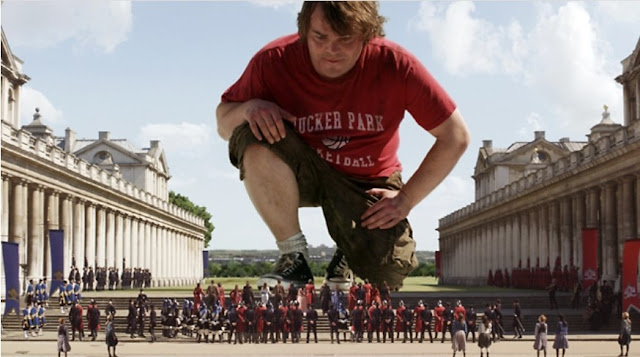Gulliver's Travels is an experssion of misanthrophy; discuss,
Jonathan Swift's misanthropic attitude towards humanity is evident in many of his works, including the famous novel Gulliver's Travels. The fourth and final part of the book, often referred to as Journey into the Land of the Houyhnhnms, is an expression of Swift's misanthropy.
Gulliver's Travels is a satirical novel by Jonathan Swift that can be seen as an expression of misanthropy, a general dislike or hatred of humanity. The book is divided into four parts, in each of which the protagonist Gulliver travels to a different country where he encounters a different society. Through these encounters, Swift uses satire and irony to critique various aspects of human society, highlighting the shortcomings and failings of human behavior.
Swift's relationship to humanity in Gulliver's Travels is complex and multifaceted and develops over the course of the novel. In the first part of the book, Gulliver travels to the country of the Lilliputians, where he encounters a society of tiny people. Although Gulliver initially admires the Lilliputians for their intelligence and creativity, he soon realizes that they are petty and deceitful, and that their society is rife with corruption and conflict. This experience marks the beginning of Swift's critique of human behavior, as it exposes the hypocrisy and selfishness that lie beneath the surface of even the most superficially civilized societies.
In the second part of the book, Gulliver goes to the country of Brobdingnag, where he encounters a society of giants. Here Swift continues his critique of human behavior, emphasizing the shortcomings and limitations of human physical strength and power. The Brobdingnags are portrayed as physically perfect, but are also shown to be overly focused on physical perfection and strength to the point of failing to appreciate the finer aspects of life. Gulliver's experience at Brobdingnag marks a change in Swift's attitude towards humanity, as he begins to view humans as fundamentally imperfect and limited beings.
In the third part of the book, Gulliver travels to the country of Laputa, where he encounters a society of intellectuals. Here Swift ridicules the tendency of intellectuals to become so focused on their theories and ideas that they lose touch with reality. The Laputans are portrayed as so absorbed in their own thoughts that they are unable to perform even the simplest of tasks, and as a result their society is in a state of decline. Swift's critique of human behavior here focuses on the dangers of intellectual arrogance and the importance of practical knowledge and common sense.
In the fourth and final part of the book, Gulliver travels to the country of the Houyhnhnms, where he encounters a society of intelligent horses. Here Swift presents an idealized vision of a non-human society, free from the flaws and limitations of humanity. The Houyhnhnms are portrayed as rational, peaceful, and free from any flaws or limitations that humans suffer from. Gulliver is initially fascinated by this society, but soon realizes that the Houyhnhnms are incapable of understanding the complexity of human emotions and experiences. This experience marks the culmination of Swift's critique of human behavior as it presents an idealized vision of a non-human society as a counterweight to the vicious and limited nature of humans.
Throughout Gulliver's Travels, Swift's attitude towards humanity is marked by a general sense of misanthropy. His critique of human behavior is often harsh and uncompromising, and he is not afraid to expose the flaws and shortcomings of even the most outwardly civilized societies. However, at the same time, his portrayal of humanity is also marked by a sense of empathy and understanding. While he acknowledges the flaws and limitations of human behavior, he also acknowledges the complexity and nuance of the human condition.
In conclusion, Gulliver's Travels can be seen as an expression of misanthropy, as Swift uses it.





No comments:
Post a Comment